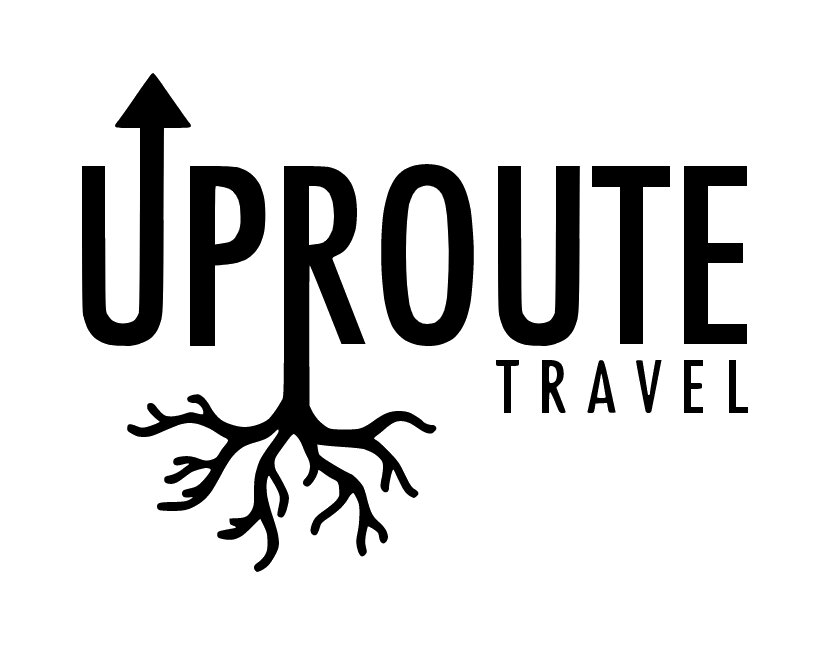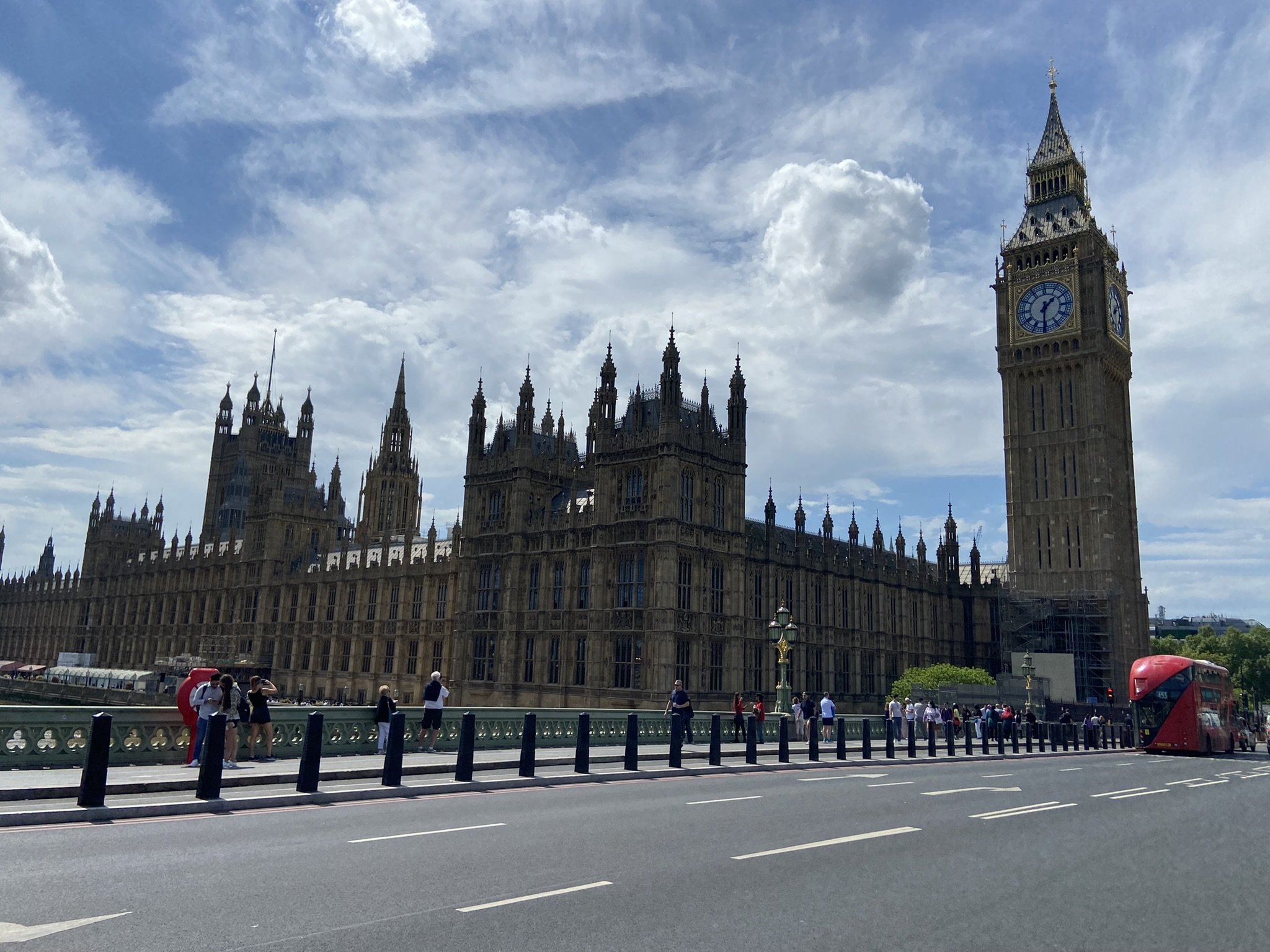ENGLAND
When I think of England, I think of royalty, class, history, soccer, pubs, The Beatles, tea, crumpets - the whole shebang! While these thoughts are valid, there is much more to this country than its stereotypes. From endearing towns such as Bath, Manchester, and Oxford to natural wonders like Stonehenge, the Lake District, and the Jurassic Coast, England is a country you could easily spend a month traveling throughout. I look forward to my next visit, in which I will explore more than just its capital, London!
Updated COVID-19 Travel Information:
Currency:
The official currency of England is the Pound Sterling (GBP) (£)
$1 USD = £0.75
Note: You may hear the following terms used when discussing money: quid (same as 1 pound), pence (100 pence make 1 pound), and fivers/tenners (5-pound or 10-pound notes).
Pricing for Leisure Travelers:
Average Hotel Expenses = £95-£106/Night ($130-$145 USD/Night)
Average Food/Drink Expenses = £29-£40/Day ($40-$55 USD/Day)
Pricing for Backpackers:
Average Hostel Expenses = £20-£27/Night ($28-$38 USD/Night)
Average Food/Drink Expenses = £14-£21/Day ($19-$29 USD/Day)
Communication:
Surprisingly enough, English is the official language of England. Who knew? That said, London consistently finds itself in the top 5 most diverse cities in the world, meaning you will hear many languages spoken throughout the city.
Transportation:
Train: Moving throughout Great Britain (England, Scotland, and Wales) by train is the most popular mode of transportation. It is quicker than bus travel, but also more expensive. Trains come in and out of London daily from all of the region’s major cities. You can even travel overseas while avoiding the hustle and bustle of airports by taking the underwater railway to Amsterdam, Brussels, and Paris! For tickets throughout Great Britain, book through National Rail. For tickets to Amsterdam, Brussels, or Paris, book through Eurostar.
Bus: For those traveling on a budget, buses are the way to go. Just keep in mind your international options will be quite limited given Great Britain is surrounded by water! Book tickets through Bookaway, or via the UK’s national coach bus service, National Express.
Airplane: England’s flag carrier is British Airways, but since London is such a large travel hub, most of the world’s international airlines fly in and out of London daily. If you are flying from larger cities in Europe, flights should be relatively cheap, especially if you are flying on a low-cost airline such as Norwegian, Ryanair, or easyJet. For great last-minute deals, be sure to monitor Skyscanner. Speaking of London, it has six major airports: Heathrow, Gatwick, Stansted, London City, Luton, and Southend. More than likely, you will travel through one of the first three; find brief descriptions of each below. For more specific airport transportation information, visit my London travel guide at the bottom of this page.
Heathrow (LHR) is the main international airport of London and arguably the most highly-trafficked in Europe. While it is super busy and pricey, it is also conveniently connected to the London Underground’s Piccadilly (dark blue) line. From Heathrow, the ride to Victoria Station is 45 minutes and costs £5.10 ($7 USD).
Gatwick (LGW) is quite active as well, generally ranked in the top 10 of busiest airports in Europe. Airline prices are usually cheaper here than Heathrow, but options are also more limited. The best way to get to London from here is by train; the ride to Victoria Station is 40 minutes and costs £17.20 ($23 USD).
Stansted (STN) is the smallest of the three and furthest from London proper. If you fly on a budget airline, this is likely the airport you will fly into. The quickest way to get to London from here is via train; the ride to London Liverpool Street is 45 minutes and costs £19.40 ($26 USD).
Taxi/Uber: These are everywhere! Be wary though, they are quite pricey. Stick to public transportation when possible!
Miscellaneous:
England is not part of the EU (thanks a lot, Brexit) and therefore not part of the Schengen Zone. This means there are not open borders between England and EU’s 25+ member countries.
Below are other names you will hear England referred to as and what they mean:
Great Britain: This is the name of the largest island in the British Isles consisting of England, Scotland, and Wales. This is usually shortened down to Britain.
United Kingdom: This term comprises the three countries listed above plus its neighbor across the Irish Sea, Northern Ireland. Note that this is Northern Ireland, not the Republic of Ireland.
London Underground, also known as the Tube, is one of the world’s best metro systems. It has 270 stations across 11 lines and services over 1 billion people annually. It is incredibly efficient and a great way to get around the city. You cannot visit London without riding the Tube!

